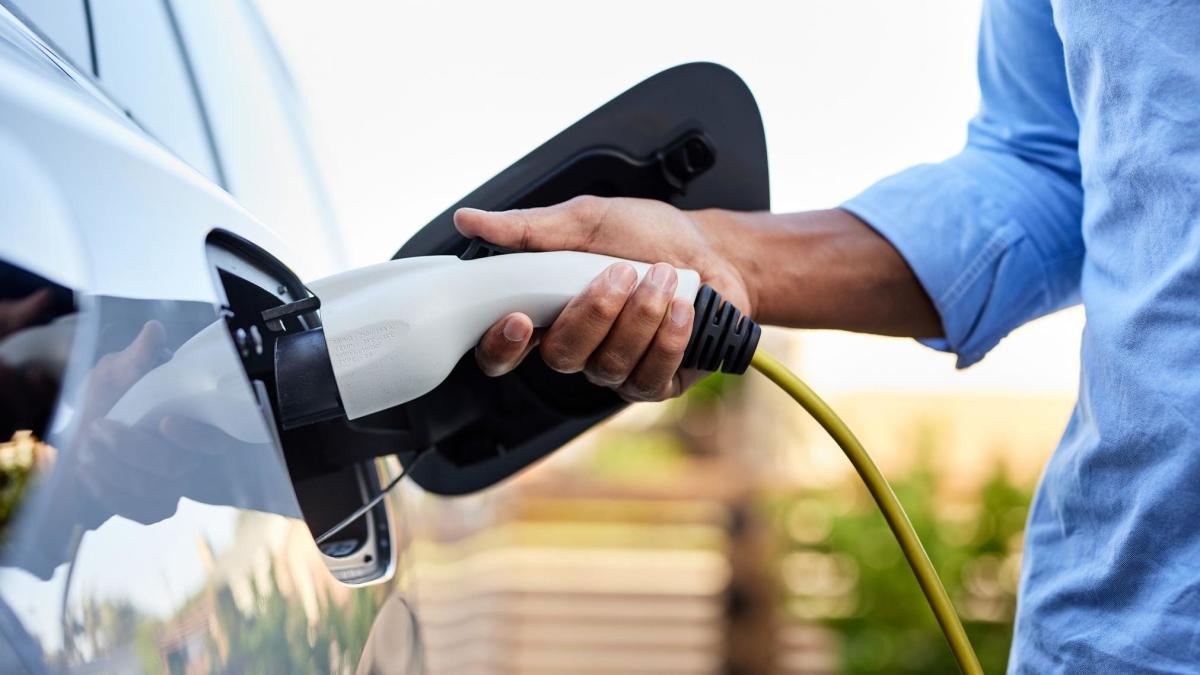Chinese electric cars could become more expensive in the European Union (EU) after politicians called them a threat to their own industry.
It has “preliminarily concluded” that Chinese electric vehicle (EV) manufacturers will face tariffs from July 4 “should discussions with Chinese authorities not lead to an effective solution”.
The EU’s announcement comes as it continues an investigation into what it claims is a flood of cheap, government-subsidized Chinese cars into the trading bloc.
China claimed the tariffs violated international trade rules and described the investigation as “protectionism.”
Electric vehicle makers who participated in the study, which launched in September, will face an average tax of 21%, while those who did not will face a tax of 38.1%.
Meanwhile, specific charges will apply to three companies:
-
BYD: 17.4%
-
Geely: 20%
-
SAIC: 38.1%
These duties would be on top of the current 10% tariff levied on all electric cars produced in China.
The EU intervention comes after the US last month took the much bolder step of raising its tariff on Chinese electric cars from 25% to 100%.
The decision has drawn criticism not only from China, but also from politicians within the EU and several industry figures.
Chinese Foreign Ministry spokesman In Jian said the “anti-subsidy investigation is a typical case of protectionism.”
He added that the tariffs could also risk harming “economic and trade cooperation between China and the EU and the stability of the global auto production and supply chain.”
The tariffs will apply permanently from November unless there is a qualified majority of EU countries – 15 countries representing at least 65% of the bloc’s population – that vote against the measure.
German Transport Minister Volker Wissing said a “trade war” with Beijing was looming.
“The European Commission’s punitive tariffs hit German companies and their top products,” he wrote on X, formerly known as Twitter.
The ACEA, the European Automobile Manufacturers’ Association, said ‘free and fair trade’ is essential to ensure the European car industry remains competitive.
However, they added that this was just one piece of the puzzle when thinking about how to encourage electric car adoption.
More than eight million electric vehicles were sold in China last year – about 60% of the global total, according to the International Energy Agency’s annual Global EV Outlook.





